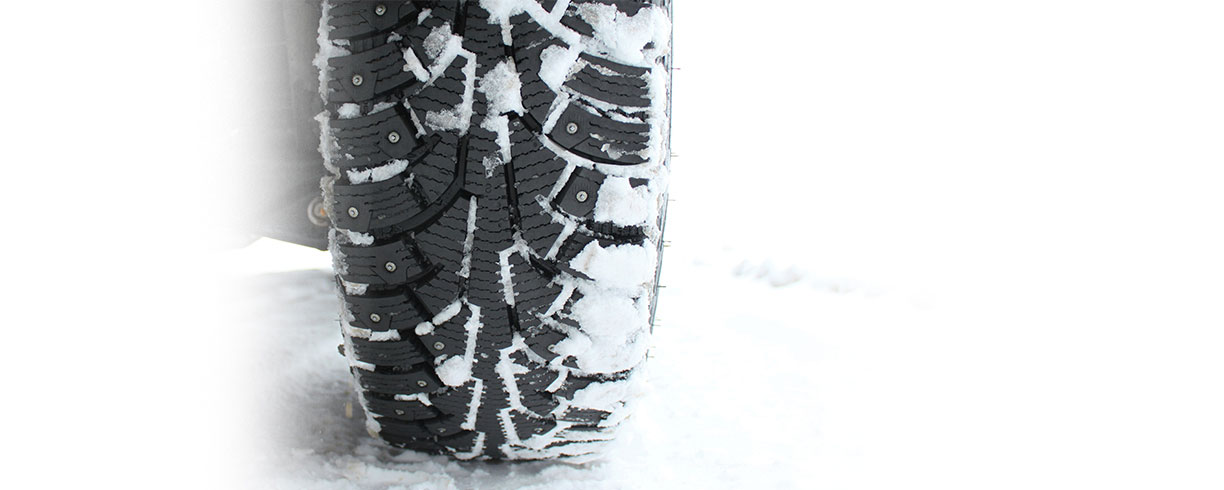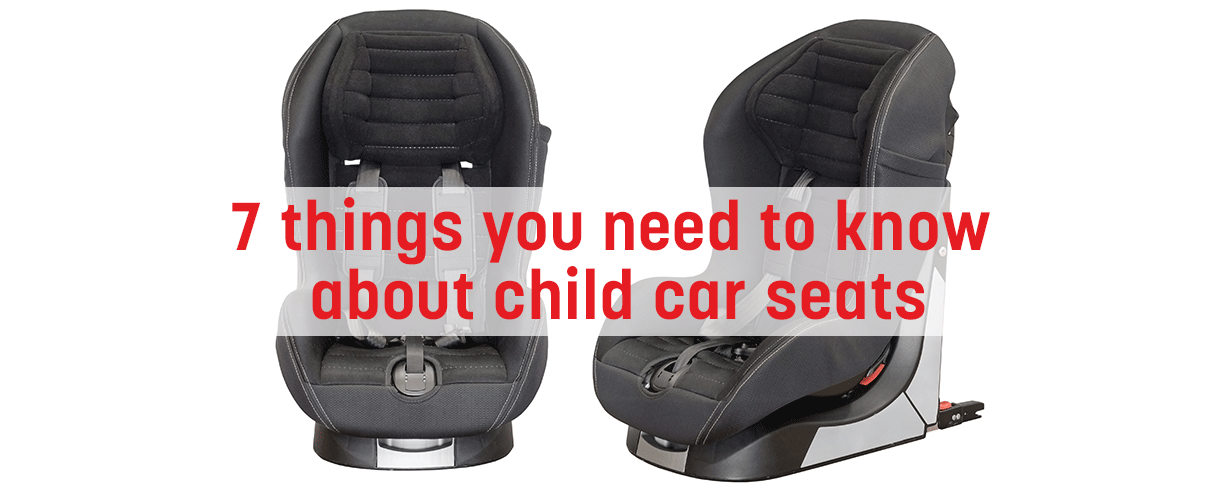Winter tires are mandatory in Quebec to ensure road safety. It's important to buy the right winter tires, but how do you know which are best?
Winter tires are mandatory in Quebec to ensure road safety. It's important to buy the right winter tires, but how do you know which are best?
"These are the best"
Car dealerships, independent garages and box stores will all try to convince you that they carry the best tires available. How do you make the right decision?
You should trust the retailer who asks you questions about your driving habits and the conditions of the roads you use. If they take into account your needs, they will likely give you the best advice. However, that means you will need to be aware of your needs before going to purchase your winter tires.
Questions a retailer should ask
- How many kilometres do you drive during the winter? Do you mainly drive in the city or in rural areas?
- Are you looking for better performance on snowy or icy surfaces?
- Would you prefer optimal traction on slick roads or improved performance on asphalt?
- Are you willing to put up with a noisier tread to benefit from a better grip?
- Do you need studded tires?
- Do you need to tow a trailer?
A conscientious retailer should ask you all of these questions, and others, before offering you at least two choices.
While it's easy to be tempted by a model that's on sale or is recommended by a friend, you should think twice before buying it. Every driver has different needs. Tires that make one person happy may not be a good fit for someone else. In addition to how tires will be used, you need to consider the weight, suspension and design of your car. Keep in mind that, as a general rule, price is an indicator of the quality and performance level of a given tire. That doesn't mean you shouldn't take advantage of a sale, but you should wait for the right tires to go on sale.
Tread: a deciding factor
A tire's tread is designed to grip the road while preventing snow and sludge from accumulating on it. It is therefore a key element to consider. In recent years, "V" and zigzag treads have become particularly popular as their designs allow for the grooves to be more prominent, which improves the tread's grip and safety.



























